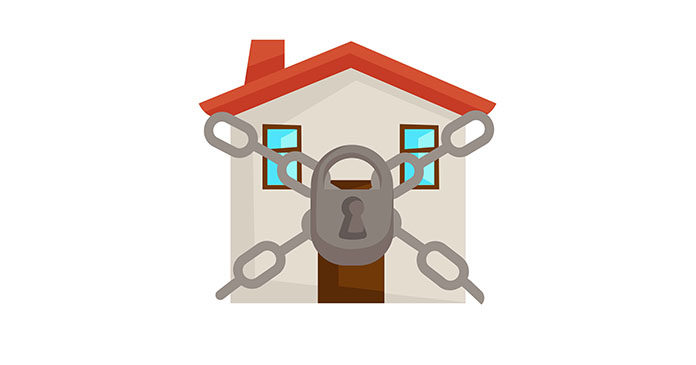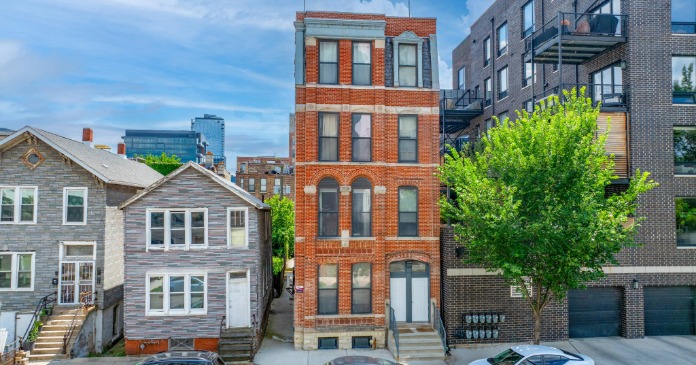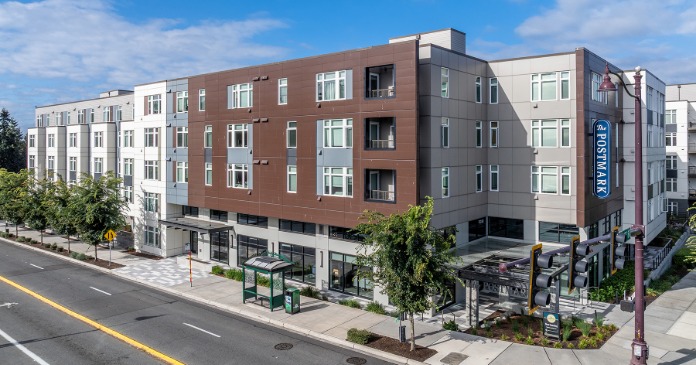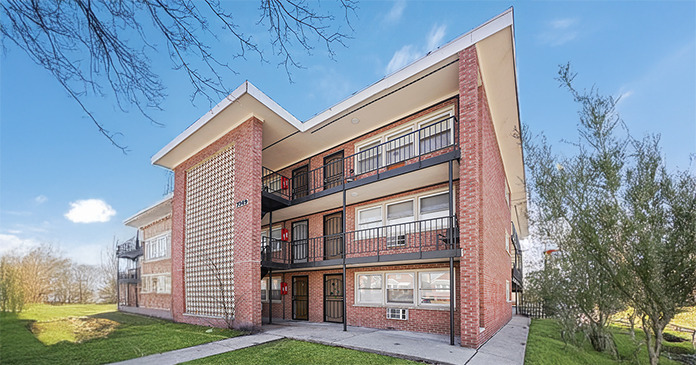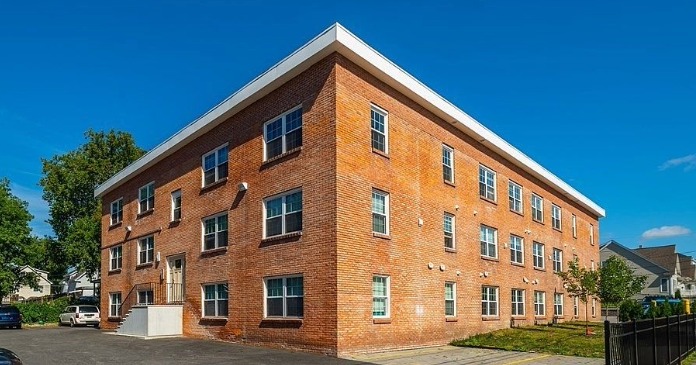Oregon is on its final turn toward statewide rent control by legislative fiat. California landlords are just catching their breath after dodging the rent control bullet by referendum. Activists rarely rest, and they only have to succeed once to do tremendous damage.
Housing is big business and artificially engineering rents on privately-owned assets has consequences—none of which is lower rent or more inventory. The net result of San Francisco imposing rent control years ago was, in fact, the opposite: a reduction in the number of units on the market and an on-average increase in rents of non-rent-controlled units.
Rental apartments are a high-risk and cyclical business. In California, for example, governments have systematically reduced developable land supply since the 1970s, even as renter demand grew, designating large swaths of land as “open space” and imposing urban growth boundaries. Add to that onerous regulations which increase the cost of every new unit by 30 percent or more. It’s no wonder it takes years before a shovel hits dirt.
On its own, capitalism, free market enterprise, business is—by nature—a fight. It’s a daily battle for existence, a struggle for market share, a constant push toward growth and profitability. Throughout history, honesty, ingenuity, tenacity and the ability to deliver a good product at a fair price have been the keys to establishing a company’s value to its market.
Profits are the market’s show of appreciation for the benefits a business provides by building or operating, say, apartments.
In a free market economy, profitability means you are providing value to residents, and in turn those residents are willing to pay more than it costs to operate those apartments for the privilege of living there. When residents feel they are no longer receiving value—they move.
In a non-market economy, one that is heavily regulated or otherwise manipulated, consumers are left with few options and turn to quick fixes to gain control over that which is out of their control.
This means that when the methodical and decades-long squeeze on land supply, ever increasing regulation, rising taxes and other costs of operation reach a critical level, creating a housing crisis—landlords are historically the default target. But the cost of doing business cannot be the apartment operators’ silent burden.
Attacking businesses that have built value through housing is never good economics.
Businesses, especially apartment businesses, need moral clarity, courage and solid data. Today’s business environment demands facts from a reliable source. We hope that you count on us to be that source.


